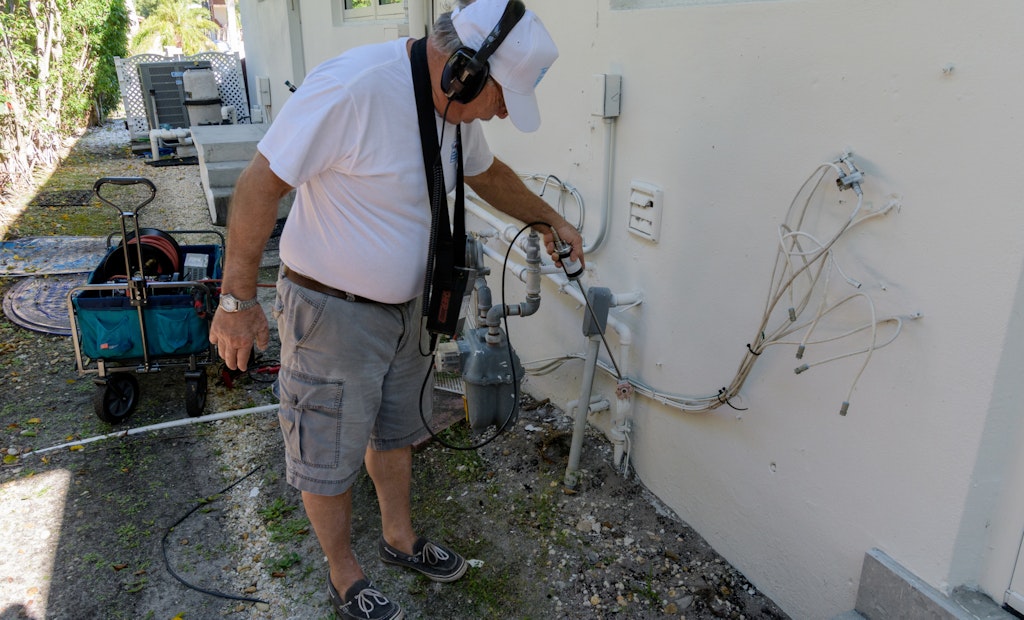Adding leak detection to your list of services can be a lucrative move. Leaky pipes are a common occurrence, and homeowners are willing to hire a professional to fix the issue.
Trained leak detectors can locate the source of leaks without tearing up structures in the house in the...






